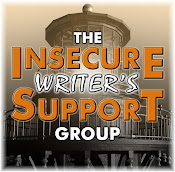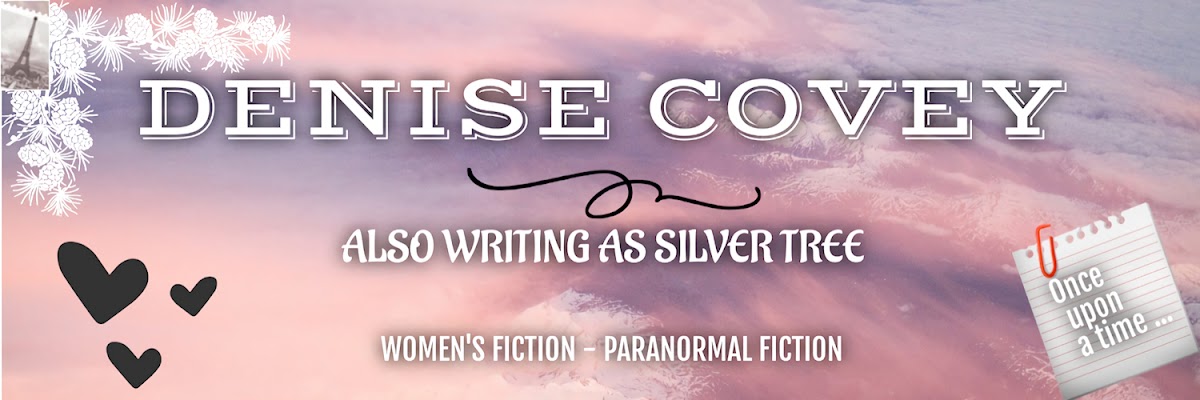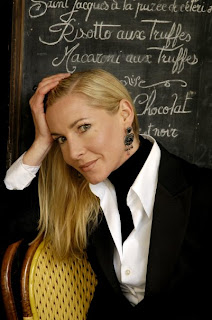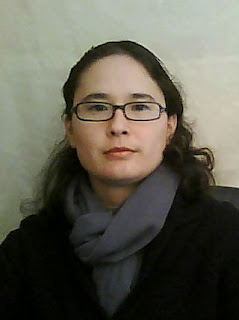It's the first Wednesday of the month again. Welcome to July's IWSG! Thanks Alex J Cavanaugh and your co-hosts this month--Yolanda Renee, Tyrean Martinson, Madeline Mora-Summonte , LK Hill, Rachna Chhabria, and JA Scott! Visit them if you can!
I buy a lot of how-to books and it used to make me insecure reading them and realising that my style was nothing like the 'greats' which might explain why I'm not a 'great'! But writing comes down to being true to yourself. You can emulate whoever you like, but you'll never be them. You'll just sound fake.
Still, now that I'm quite comfortable with my writing style, it doesn't mean I don't read how-to books any more. Came across a great one in the library.
And this might be a good place to belatedly insert my answer to this month's IWSG question: What's the best thing anyone has ever said about your writing?
Easy: Michael di Gesu (whose opinion I value greatly) said my writing in Under the Tuscan Moon was "exquisite". That'll do me!
 The book is called 'Fiction Writing Master Class' and the subtitle is 'Emulating the work of great novelists to master the fundamentals of craft'.
The book is called 'Fiction Writing Master Class' and the subtitle is 'Emulating the work of great novelists to master the fundamentals of craft'.Here are some of the greats covered:
Honore de Balzac
Charles Dickens
Herman Melville
Fyodor Dostoevsky
Edith Wharton
W. Somerset Maugham
Frank Kafka
D.H. Lawrence
Ernest Hemingway
Margaret Mitchell
J.D. Salinger
Ray Bradbury
Stephen King
It's no secret I'm a fan of Hemingway. I've read most of his little books, but I don't think I write like him. He's sparing in his prose while I tend to verbosity. But this book picks up the techniques these writers use which gives them their recognised style. Some of the techniques are great to follow.
Here are Hemingway's 'secrets':
Did you know Hemingway is the most imitated author of our time? Not everyone likes his sparse style, but nevertheless, if it worked for Hemingway, writers think it's worth trying to write like him.
I once found (and blogged about) a way to improve your writing was to find a favourite passage by a writer you love, copy it, then write your own. By doing this exercise, I found that I was able to expand my paragraphs, add more of the senses. It was like a free-writing exercise, but following the steps of a master. I know it improved my writing style.
So how did this book distil the style of Hemingway?
SENTENCE LENGTH
Hemingway is most famous for his short sentences. He used simplified, direct prose. But he worked long and hard to write like this. Unlike those of us who love the open slather of NaNoWriMo, it is said that Hemingway never moved on to the next sentence until he was happy with the one he'd just written.
Advice in this book?
Hemingway's technique is especially helpful when rewriting. Break up long complex thoughts into bite-sized morsels. Short sentences can have dramatic effect. String together a series of short sentences when you want to stress a point or add dramatic punch to your prose. I've found I'm doing this now without thinking too much about it.
Example from 'The Snows of Kilamanjaro'...
'All right. Now he would not care for death. One thing he had always dreaded was the pain.'
Notice the cumulative effect, pounding home the idea that the hero is nearing death.
Short sentences add variety and music to your writing...add create white space so your pages don't look cluttered. Mix short with long at times, which Hemingway was also fond of doing. There are many examples in The Old Man and the Sea when he was in the thoughts of the old fisherman.
SENTENCE SPEED
Hemingway's prose moves along at a rapid clip. He writes in the fast lane. I'm not going into detail here, except to say he uses two methods to add speed to his sentences--(1) he chooses short words for simple diction (no flowery language with Hem), and (2) he cuts out commas as much as possible. There are many examples of this technique in A Moveable Feast-
''Often Miss Stein would have no guests and she was always very friendly and for a long time she was affectionate .' Fairly zips along.
The author also covers Hemingway's DICTION, DETAIL AND COLOUR (Imagery), USING 'AND', THE LOOK OF YOUR PAGES (white space), CHARACTERS BASED ON REAL PEOPLE, STRUCTURE (his endings are more memorable than his beginnings. His conclusions are filled with significance made more memorable by foreshadowing throughout his stories.
So ENDINGS--imbue them with symbolic significance and foreshadow final events. Drop subtle hints along the way. Beef up your conclusion with added meaning by making universal or spiritual statements.
So, really, Hemingway did have a lot to offer we writers of modern prose.
No need to feel insecure if you don't write like Hemingway. But it doesn't hurt to read about him and check how we could improve by following some of his 'rules'.
- How about you? Are there any writing greats you like to emulate?
- Are you secure/insecure this month?
- And in August WEP launches its first challenge, GARDENS. Yolanda Renee has posted about it HERE...




















